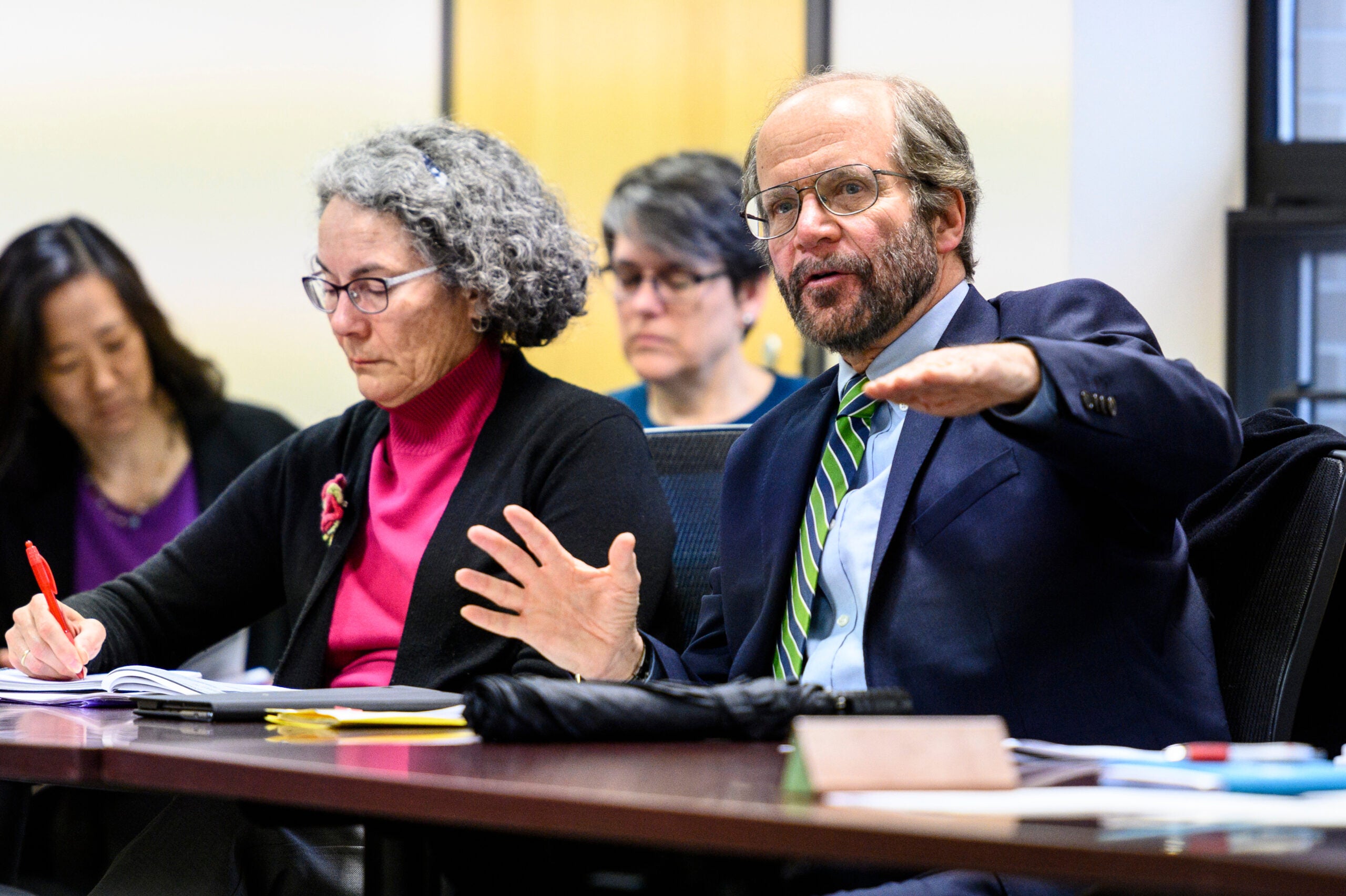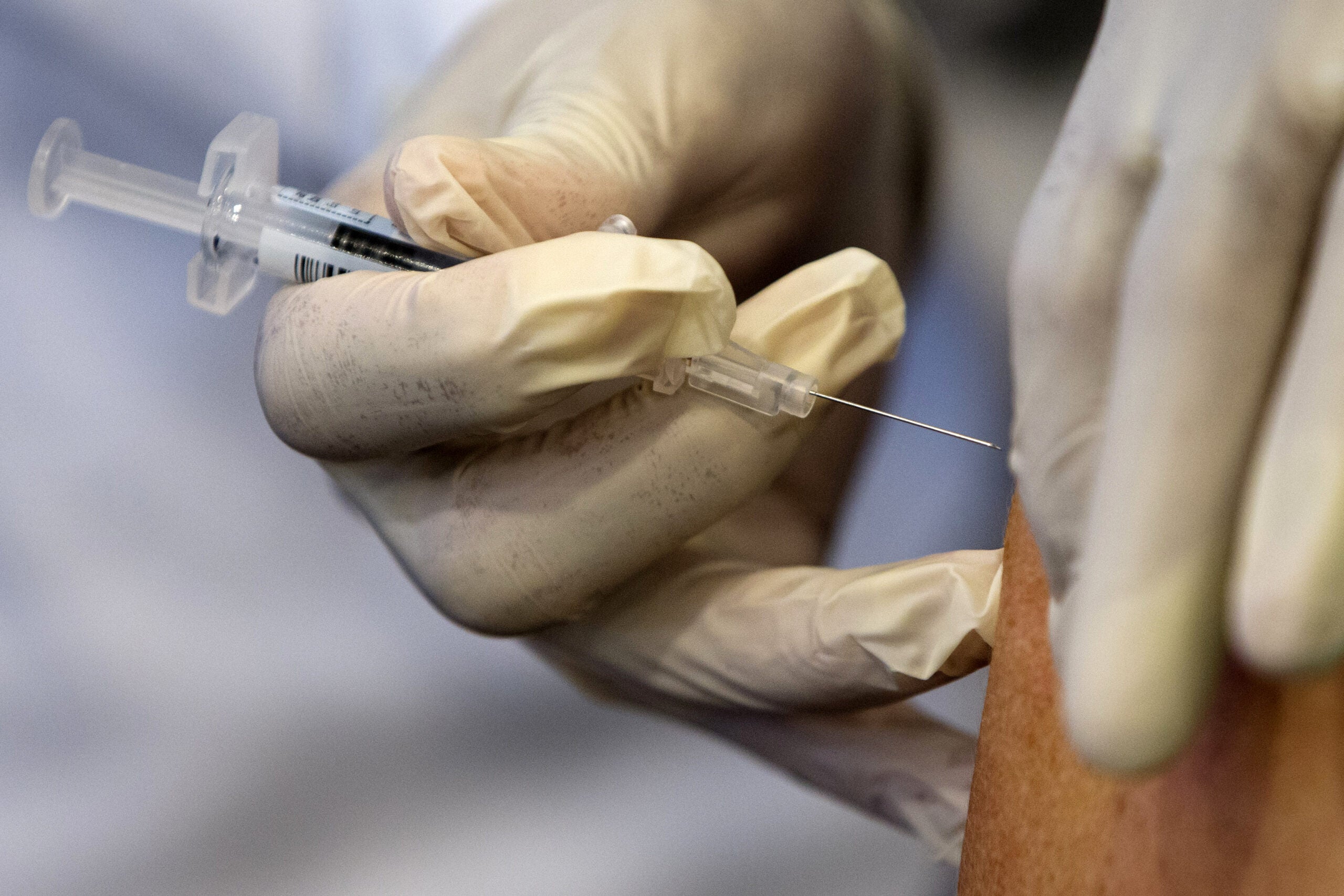As researchers in Wisconsin and across the globe try to find a cure and a vaccine for COVID-19, the head of the University of Wisconsin-Madison’s medical school described obstacles that those efforts could encounter in a presentation on Wednesday.
UW-Madison announced on Wednesday it was one of 32 sites for a clinical trial testing an existing drug called ruxolitinib as a way to prevent a COVID-19 complication where a patient’s immune system kicks into deadly overdrive. Hospitals in Milwaukee and Madison are also investigating convalescent plasma from recovered patients to treat those with active infections.
A top U.S. health official, Anthony Fauci, recently told Congress that there’s a reasonable chance a vaccine against COVID-19 could be ready by next year. Dr. Fauci directs the National Institute of Allergy and Infectious Diseases.
News with a little more humanity
WPR’s “Wisconsin Today” newsletter keeps you connected to the state you love without feeling overwhelmed. No paywall. No agenda. No corporate filter.
But Dr. Robert Golden, dean of the University of Wisconsin-Madison’s School of Medicine and Public Health, asked a sobering question during a Wednesday webinar with the business group Wisconsin Manufacturers and Commerce: “Will we be able to find a vaccine that’s actually safe as well as effective?”
Golden pointed out that vaccines can’t be developed for every disease, and cautioned that the new coronavirus could be difficult to outsmart because it mutates. This could mean repeated inoculations if a workable vaccine is approved, similar to shots against the seasonal flu.
“I hope Dr. Fauci is right and I’m wrong,” he said.
If a vaccine is eventually found and approved by the federal government, Golden said there are still potential obstacles regarding supply, distribution and acceptance in a country where there has been resistance to other vaccines. Currently, there are more than 140 vaccines against the new coronavirus in various stages of development by researchers around the world.
Potential treatments being explored like dexamethasone may not work for everyone and convalescent plasma may not work across the board either. This underscores the need for personalized medicine, Golden said.
Public health officials have stressed the importance of testing, contact tracing and self-isolation for those infected with COVID-19. In addition, there’s surveillance to see how the disease is spreading in different regions of the state. On Wednesday, 22 counties across the state had high levels of COVID-19 activity, according to a new online map created by the state Department of Health Services.
Wisconsin Public Radio, © Copyright 2025, Board of Regents of the University of Wisconsin System and Wisconsin Educational Communications Board.







